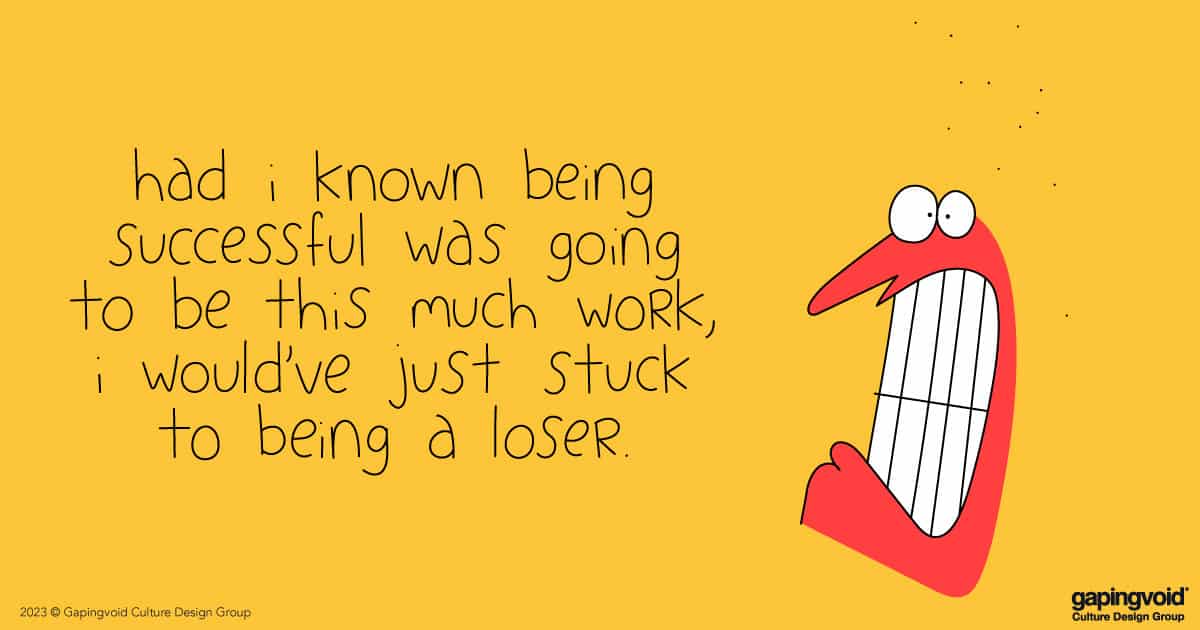
Young, successful, and filthy rich. It’s every millennial’s dream. It’s also typically too good to be true. As the Guardian and Patrick Boyle recently highlighted, an unsettling number of the people who’ve graced Forbes’s “30 Under 30” list have turned out to be fraudsters.
Perhaps a bit of consolation for the rest of us who are over 30 and still waiting to make it. It begs the question though: why are we so easily captivated by the notion of young, glamorous success?
The answer, like so many things in life, comes down to one of our key human drivers: sex. A 30-year-old billionaire is a far sexier idea than an octogenarian billionaire.
For many young people, the idea that you can be successful only a few years out of college gives them hope that they, too, might find a path that saves them from a lifetime of struggle and mediocrity.
This is the exact opposite of the modest and prudent approach to wealth-building portrayed in the famous 1990’s book “The Millionaire Next Door” which argues that most millionaires are relatively low-key and unremarkable, living ordinary lives in the suburbs, driving responsible cars, living frugally, saving, investing wisely, and running ordinary businesses like scrap metal dealerships or laundromats. In other words, success is more about being prudent than sexy.
But “prudent” doesn’t get clicks. Being a rock star does.
We fall for this rock star myth so easily because just like the journalists at Forbes, we too want to believe it. We too want to be our own kind of rockstar. Everyone does. It’s a reflection of our human nature, driven by vanity and the need for recognition.
The funny thing is, all this obsession about “success” can be the thing that keeps us from ever reaching it. Instead of thinking about how to improve our products or our relationships with clients, we’re thinking about that amazing TED Talk we will no doubt give one day, or what Swiss furniture we’ll install in our vast, minimalist office in SoHo, once our company IPOs. Or worse, we’re left crippled by the pressure of it all and unable to deliver our best work.
Success might be a nice outcome of “the thing,” but it’s not “the thing” itself.



